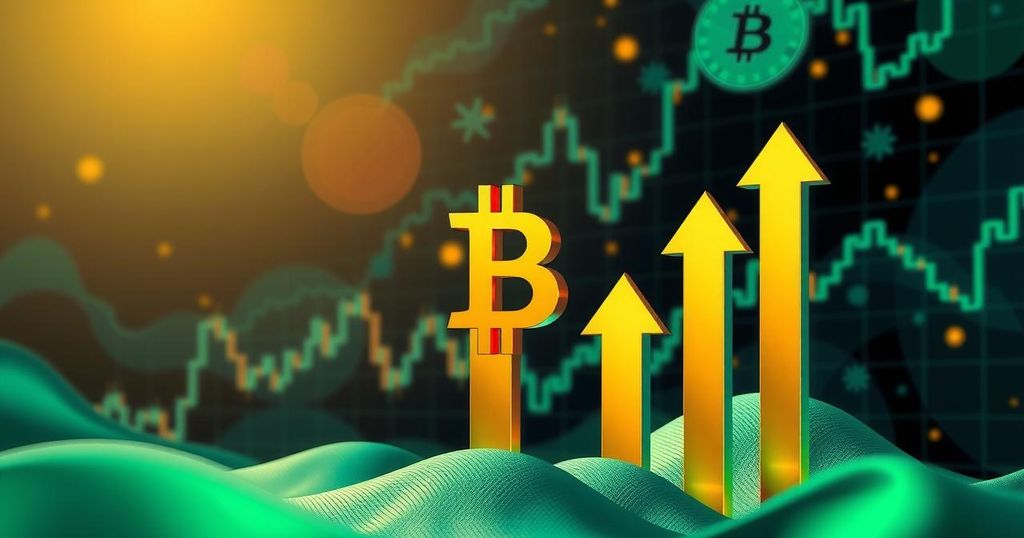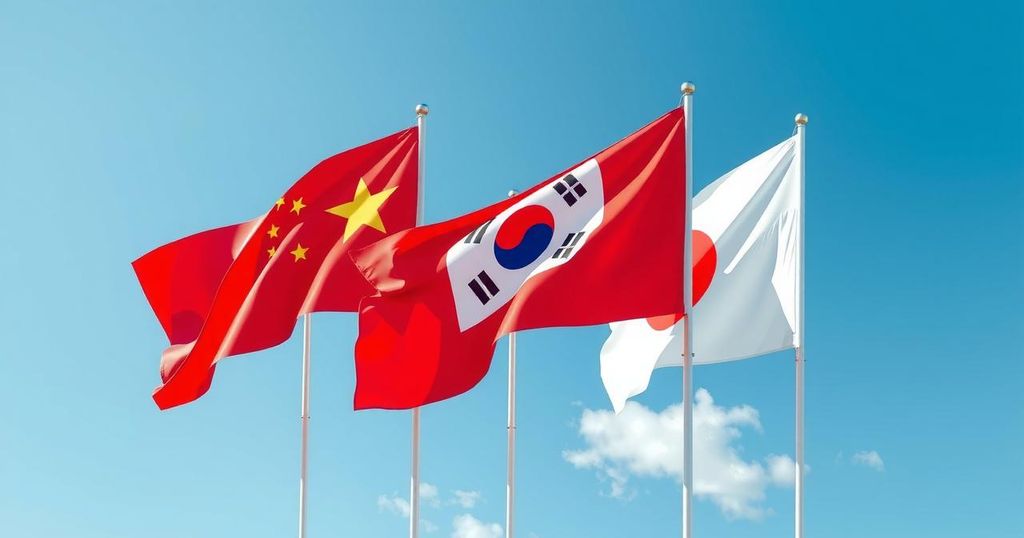EU Initiatives Aim to Enhance Domestic Production of Critical Raw Materials
The EU has unveiled numerous projects to increase domestic extraction of critical raw materials, aiming to reduce dependence on China. Highlighted by the Covid-19 pandemic and the Ukraine crisis, these initiatives are part of the Critical Raw Materials Act, which sets ambitious targets for extraction and processing by 2030. Financial support of up to two billion euros will support these endeavors, as the EU seeks to diversify supply chains and ensure strategic material availability.
The European Union has introduced multiple projects aimed at increasing the extraction of critical raw materials within Europe, responding to its dependence on China. The Covid-19 pandemic and the geopolitical tensions following Russia’s invasion of Ukraine highlighted the need for self-sufficient supply chains, prompting action from Brussels to bolster domestic production. “Chinese lithium cannot become tomorrow’s Russian gas,” stated EU industry chief Stephane Sejourne, emphasizing the urgency of the situation.
In the wake of the Ukraine conflict, which led to a reduction in energy imports from Russia and resulted in escalating energy prices, the EU has recognized the necessity of securing essential minerals and rare earth elements integral to electronics and green technologies. The geopolitical landscape has intensified the urgency to act, especially following the recent re-election of US President Donald Trump, underscoring the shifting global dynamics.
The European Commission has outlined 47 strategic projects focused on lithium mining, which is essential for electric vehicle production, along with tungsten mining. Spanning 13 EU member states, these projects will benefit from streamlined financing and simplified permitting, facilitating the establishment of new mining operations. “Let’s be clear: we are obliged to open new mines in Europe,” said Sejourne, adding optimism that the EU could achieve complete self-sufficiency in lithium within five years.
Designated under the Critical Raw Materials Act (CRMA), this initiative aims to safeguard the green technology sector and maintain local production. According to the act, by 2030, the EU must fulfill set targets for the extraction, processing, and recycling of critical materials. Additionally, it stipulates that reliance on any single non-EU country should not exceed 65% of the bloc’s strategic raw material requirements, as currently, China dominates the supply of heavy rare earth elements.
Sejourne further asserted that certain materials are indispensable for the EU’s efforts in decarbonization and defense: “There is no decarbonisation possible without gallium to build solar panels, without copper to transport electricity.” The comprehensive plan involves increased domestic extraction, diversification of foreign suppliers, collaborative purchasing strategies, and the accumulation of strategic material stocks. To support these initiatives, financing of up to two billion euros will be made available.
The European Commission has set timelines for project permitting, requiring extraction permits to be approved within 27 months and processing licenses within 15 months. Notably, the EU received 170 project applications, out of which 49 are based outside of Europe, including locations in Greenland and Ukraine. Additional project announcements beyond EU borders are anticipated in the near future.
The European Union’s recent proposal aims to enhance domestic production of critical raw materials, reducing reliance on external sources, particularly China, amid growing geopolitical tensions. With the implementation of the Critical Raw Materials Act, the EU intends to fulfill specific extraction, processing, and recycling targets by 2030, securing its green transition and defense capabilities. The urgency of the matter is underscored by the need for self-sufficiency in essential materials, emphasizing the critical nature of these initiatives for the future of the bloc’s economy and sustainability.
Original Source: www.kpvi.com








Post Comment